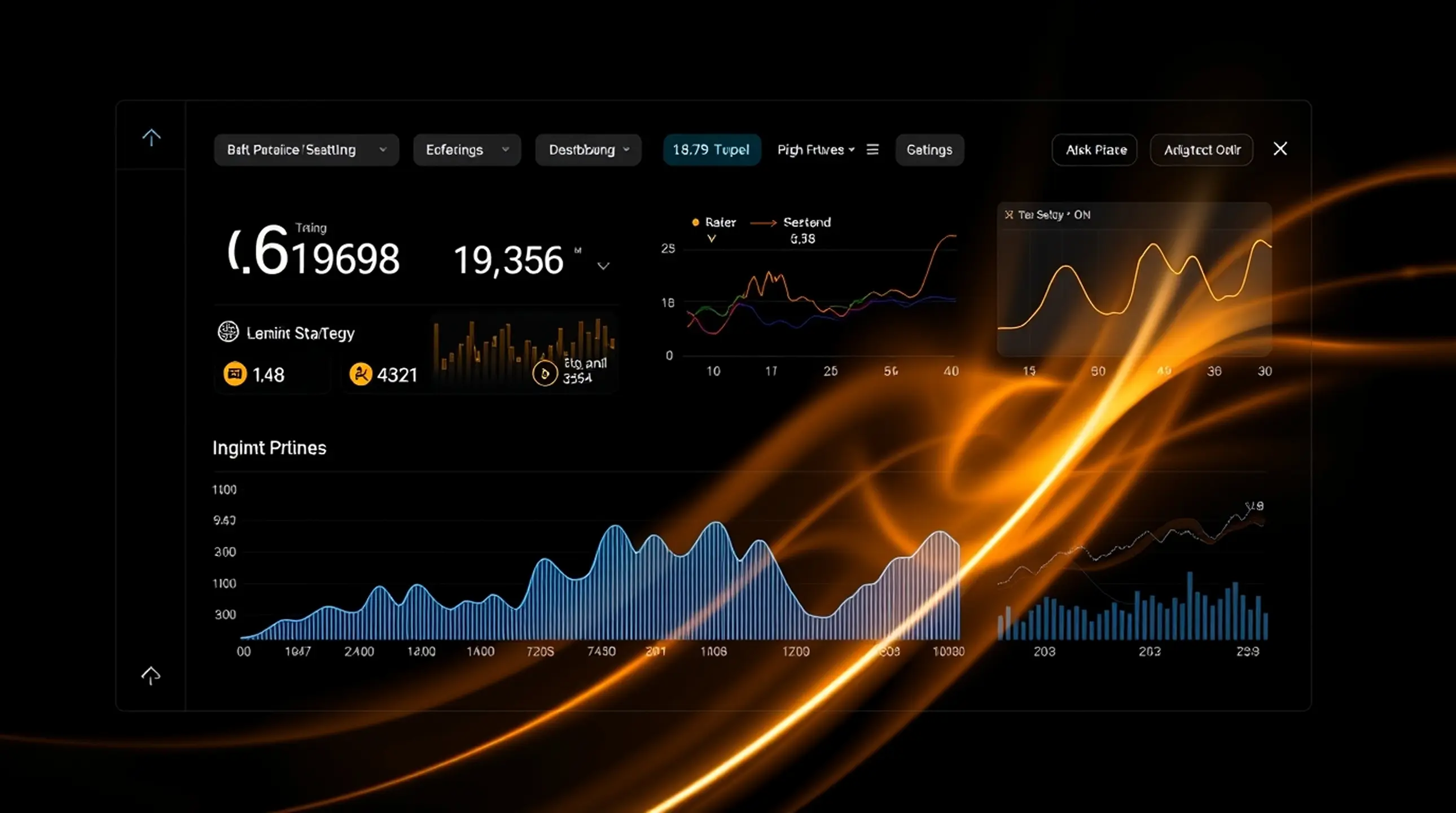The agricultural sector is at a critical juncture, facing increasing global food demand, climate change volatility, and pressure to operate more sustainably. Traditional farming methods, often relying on intuition and manual observation, struggle to optimize crop yields and resource usage. This leads to inefficient planting strategies, suboptimal use of water and fertilizers, and a high vulnerability to environmental shocks. The sheer volume of satellite, sensor, and historical data, combined with complex environmental variables, makes Artificial Intelligence and advanced predictive analytics indispensable for unlocking the full potential of agriculture.
At Zyllica, we harness the power of AI and predictive analytics to revolutionize agricultural practices. Our methodology transforms traditional farming into a precision science, enabling agribusinesses to enhance crop yield, optimize resource allocation, and build a more resilient food supply chain. Our approach includes Integrated Geospatial & Environmental Data, Predictive Yield Modeling, Optimal Resource Allocation, and Risk Simulation & Proactive Planning.
Implementing AI solutions for agricultural yield optimization offers profound benefits for agribusinesses and food producers. It leads to increased crop yield through precise predictive insights, reduced operational costs by minimizing resource waste, and enhanced resilience against environmental volatility. This positions our clients as leaders in innovative and sustainable agriculture, securing a more resilient food supply.
Contact Zyllica's Science Team to discuss how AI can maximize your crop output and ensure sustainability.
More Thought-Provoking Insights

In a world facing unprecedented threats to biodiversity, traditional conservation efforts often struggle to keep pace. This article explores how AI and advanced predictive models can transform conservation from a reactive battle into a proactive, intelligent, and highly effective strategy.

Urban safety is a core concern for municipalities worldwide. This article explores how AI and predictive analytics can transform traditional reactive policing into a proactive science, optimizing resource allocation and building safer, more efficient cities.

The agricultural sector faces increasing global food demand and climate volatility. This article explores how AI transforms traditional farming into a precision science, enabling agribusinesses to enhance crop yield, optimize resource allocation, and build a more resilient food supply chain.